The Netflix documentary BLACKPINK: Light Up the Sky tells the story of how Jisoo, Jennie, Rosé and Lisa went from “trainees” under showbiz powerhouse YG Entertainment to becoming the biggest girl group on the planet. We caught up with director Caroline Suh about crafting this never-before-seen look at the four girls behind the phenomenon.
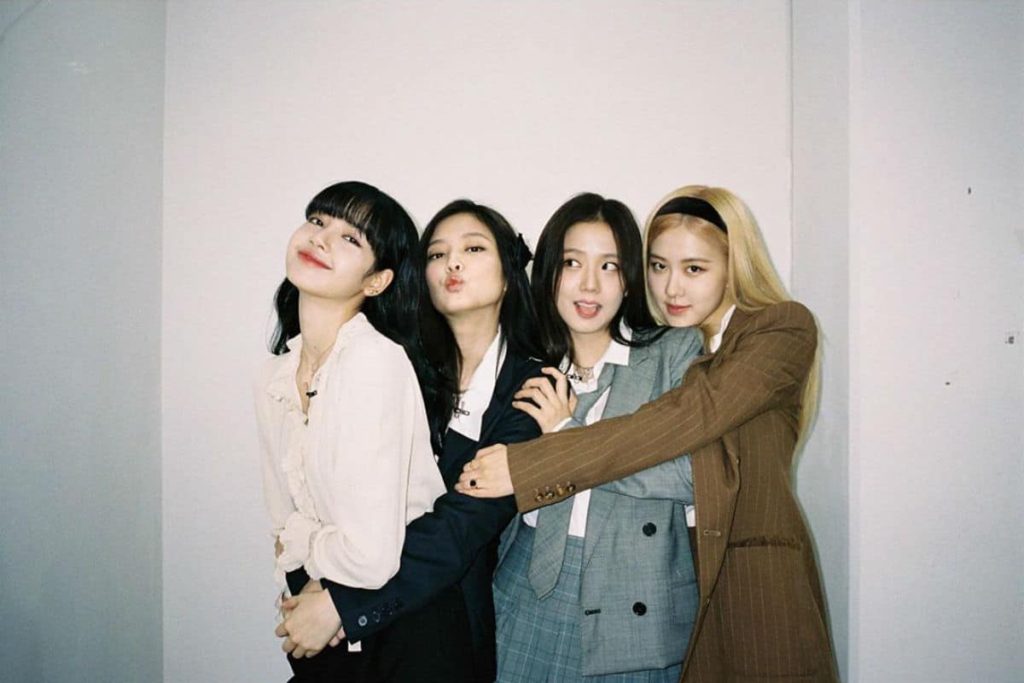
Umapagan Ampikaipakan: We don’t hear your voice in the documentary, and I was wondering what is it about BLACKPINK that explains their appeal and greatness? What did you notice about the four of them?
Caroline Suh: I think there are a few things. I think that it’s very appealing that they’re international, you know, that they come from Australia, and Thailand, and New Zealand, and Korea, and that fans seem to find a lot of strength in them. And I think they find them to be empowering. And I think that the different members have different personalities which appeal to different people. And that the production value is great. The songs are very catchy. And I think all of the ingredients came together to make them this phenomenon.
UA: It felt like this perfect storm almost.
CS: Exactly. They have good chemistry and they actually like each other. So I think that kind of comes through to people.

UA: Watching BLACKPINK: Light Up the Sky, I was curious as to what it was that drives them. I wasn’t sure if it was fame? Or money? It’s very clear that they’re all incredibly passionate about what they do, and they’re so very talented, and so very smart. But did you manage to get an idea of what drives them?
CS: You know, I think there are people who just have internal drive, and it’s not about money, and it’s not about fame, and it’s not about wanting material things. That’s kind of what all of them share in common. They’re all just very determined to do it, and make it. And what drives them now is they want to show different aspects of themselves, and show their breadth as artists, and how they have a lot more styles that they can perform in. I think that’s what it’s about for them.
UA: There was a moment which I found quite jarring. And it was just a throwaway line. When Teddy Park goes: “Oh, well, this is gonna be the next 10 years.” And I thought, “10 years? Is that all they have?”
CS: You know, who knows? I hope they are. I mean people defy the odds and they are very young still. So in 10 years, they’ll still be very young.
UA: Talk to me about making this documentary and the access you got. Was that easy to come by? Were there any restrictions imposed upon you? Because obviously the whole K-pop scene is incredibly controlled.
CS: Yes. And that’s what I had heard before embarking on this. But surprisingly, once everyone agreed to make the film, YG really stepped away. And they really deferred to the girls in terms of what choices they wanted to make. I mean we wanted to film things that were very real.
UA: Oh, that’s good.
CS: And so we had a back and forth with the girls about what they really did in their downtime and what they wanted to film. They wanted things to be real. And so that was really between us and without the company controlling it at all. So that was a pleasant surprise.
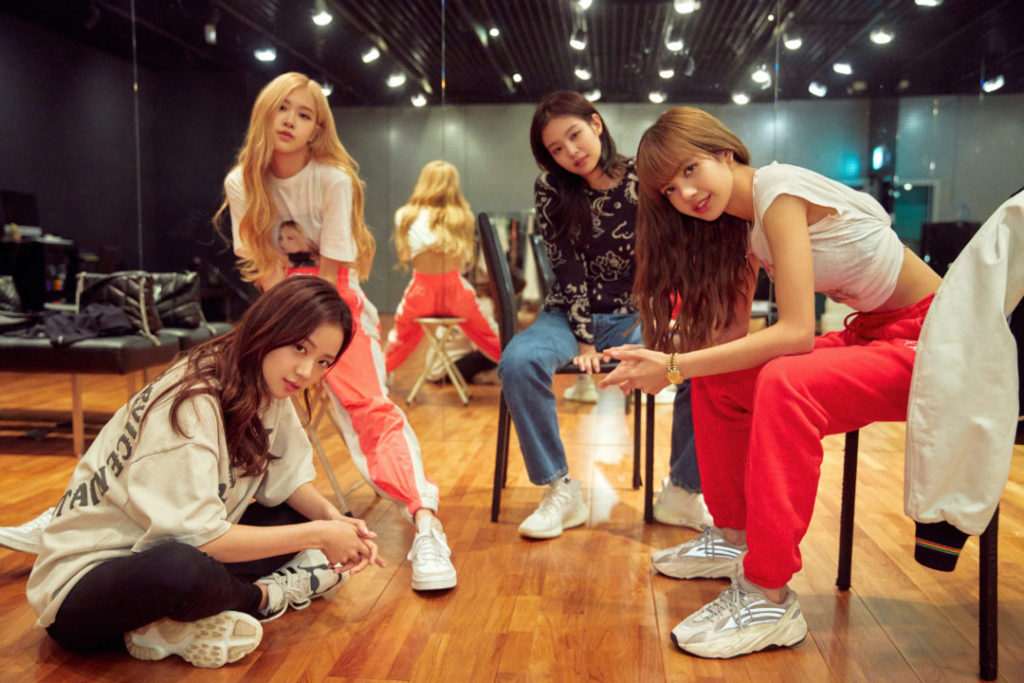
UA: Why do you think this method – and I don’t want to say manufactured, because it has such a negative connotation to it – but why do you think this method of making a band hasn’t taken off in a similar way in North America or elsewhere in the world? Because it feels like peak capitalism. The kind that would appeal to the American music industry.
CS: There have been a bunch of bands like New Kids on the Block and N Sync and the Spice Girls.
UA: Westlife.
CS: Yeah. So there have been groups like that. I think there just haven’t been that been many recently.
UA: But also, that feels almost minuscule compared to this. I mean, what goes on in Korea is on a different level.
CS: I guess so. I mean, I’m not an expert, but media has also changed. Now you have YouTube and people can, you know, hundreds of millions of people, and billions of people can watch things, and have access to videos and social media. And so I think it’s just a different time. So I don’t know.
UA: Another thing that I loved about BLACKPINK: Light Up the Sky is how you demystify a lot of the process behind making the music. We often talk about genius, which I think discounts a lot of the hard work that goes into making a record. And I was gonna ask you about that, because I think that might be part of the reason also why people have such a negative opinion of manufactured bands.
CS: I mean, the creative process, and being in the studio with them was really interesting, because you saw how fluid the process is. They all come together, and they create a song that kind of evolves over time, and different pieces get added to it. And they all contribute ideas. And it’s not like someone just writes a song, and hands it to them and says, sing this. It really is all of them coming together with Teddy Park and adding things here and there that they come up with. So I thought it was interesting how fluid that process was.
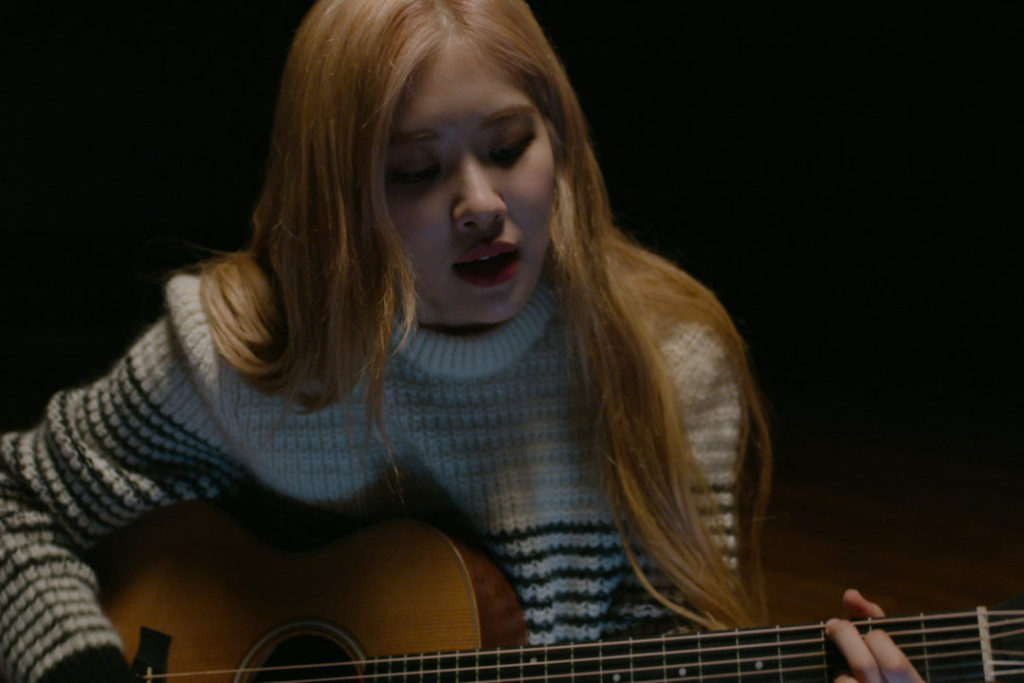
UA: I don’t know if I got a sense of sadness from their stories. But it feels like for this period of time in their lives, that BLACKPINK is all they have. They have ther music and they have each other. And forgive me for this very millennial question, but at the end of it, I was wondering, are they happy?
CS: I mean, happiness is such a hard thing to measure. I think that they’re all really enjoying the moment. I think that they went through a lot of challenges to get to this point. And I think now they’re really starting to enjoy it. They’re really starting to have a broader view of things. And I think they’re enjoying traveling all over the world. I think they are happy. But I’m sure it’s mixed with a lot of hard work, and exhaustion, and everything else. Pressure.
UA: Tell me you’re planning a documentary on the people who didn’t make it through K-pop training? Because that would be a story!
CS: That would be very interesting. That would be a fascinating story.

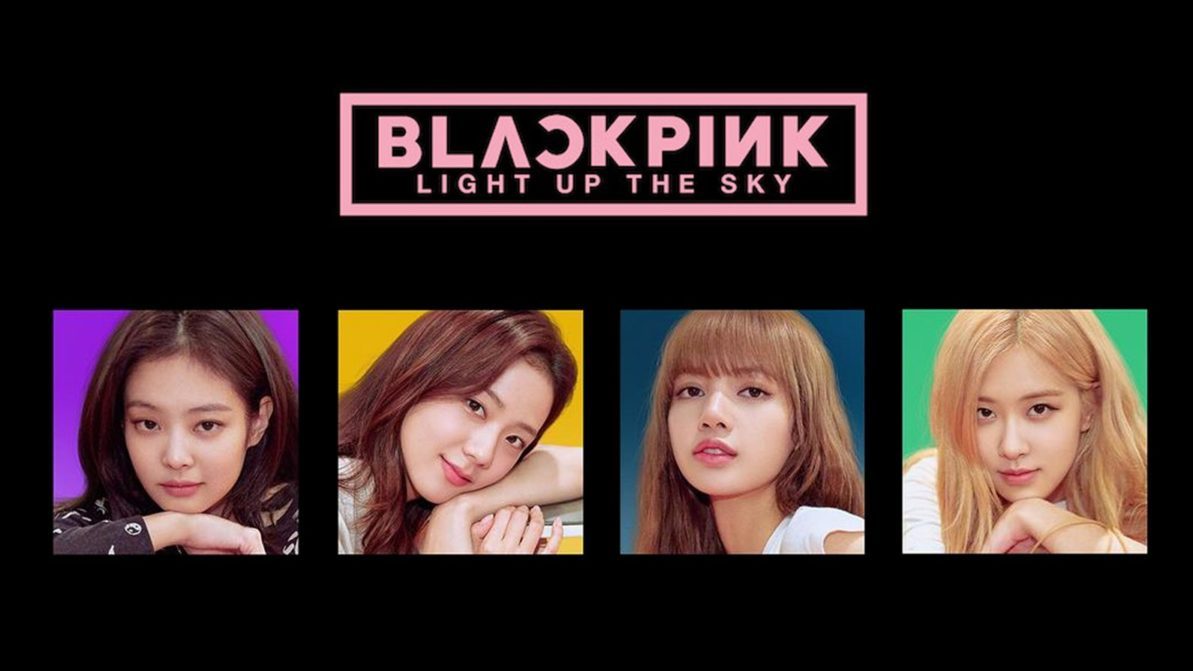
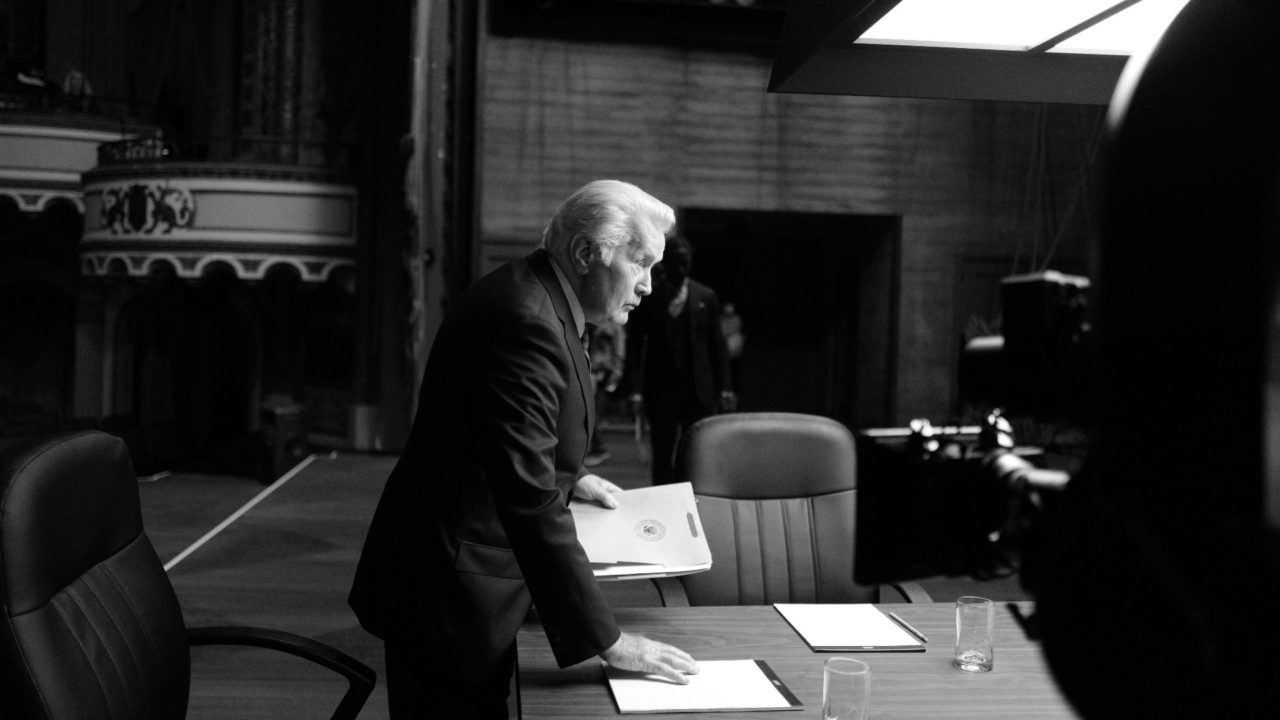



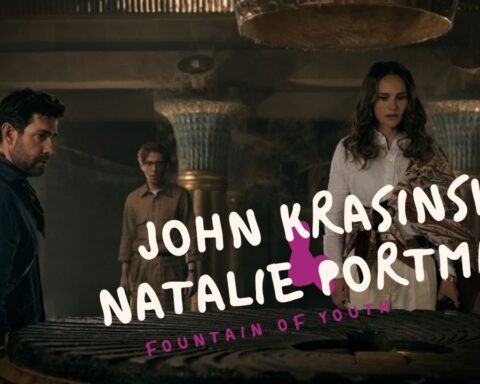
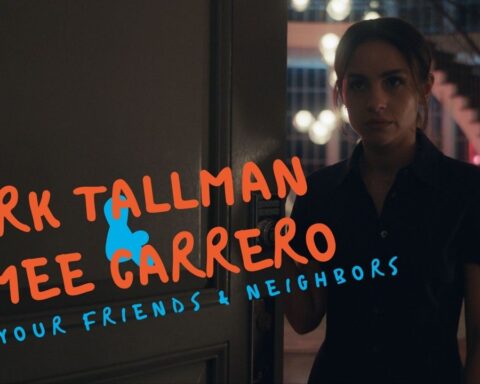
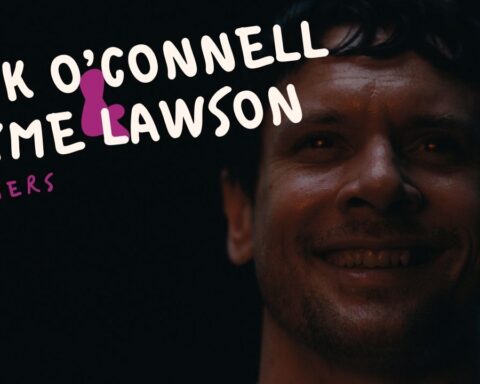
Follow Us